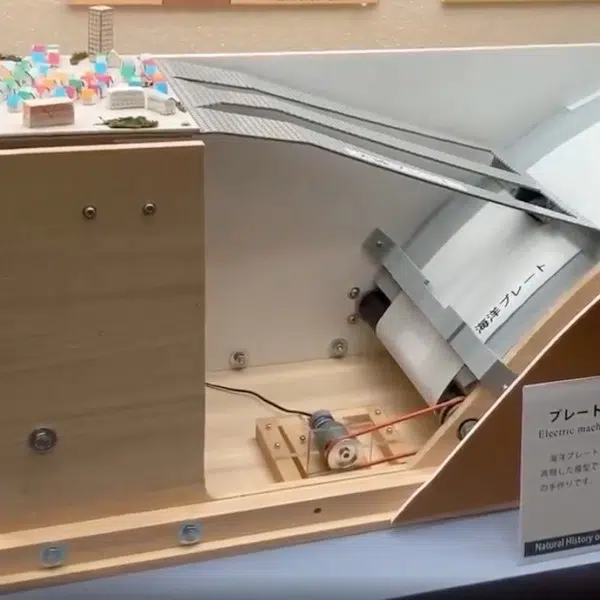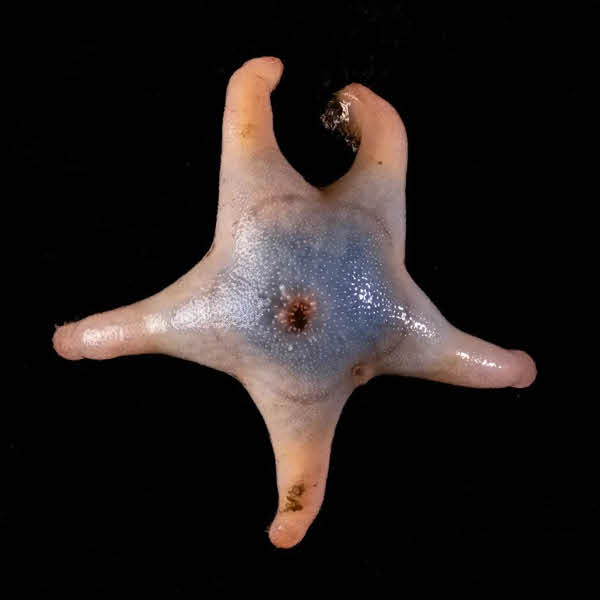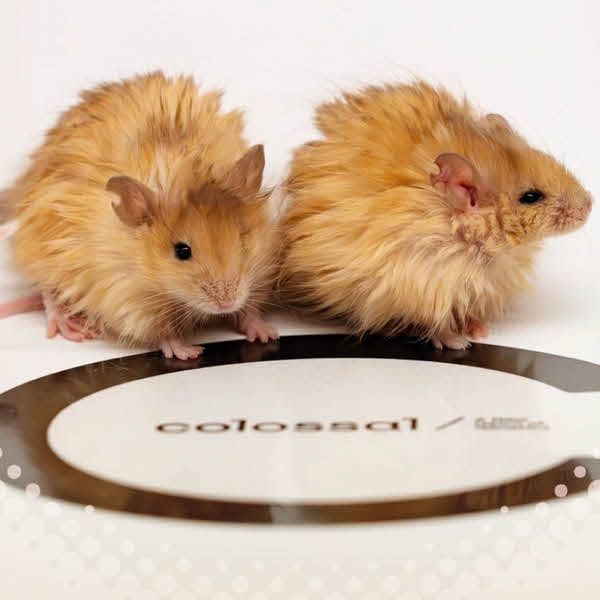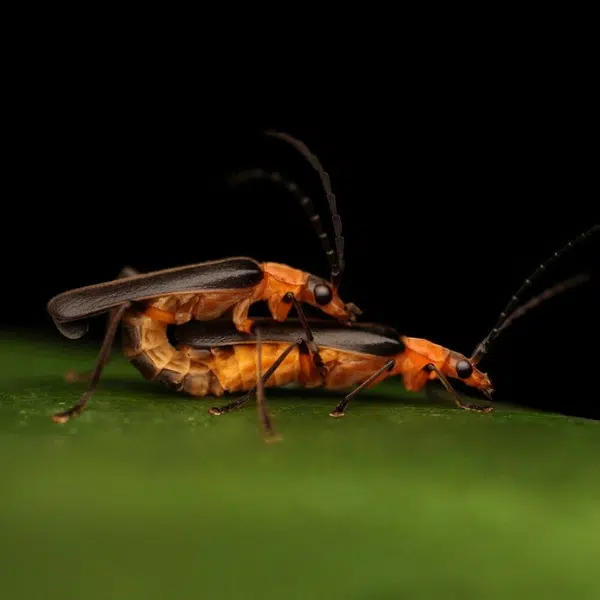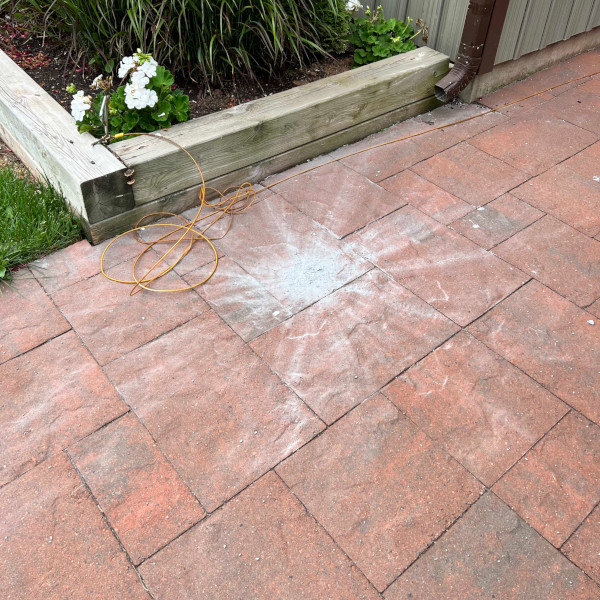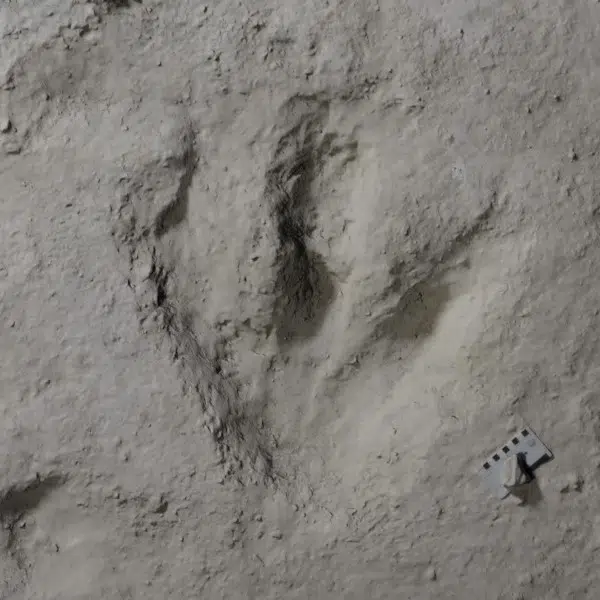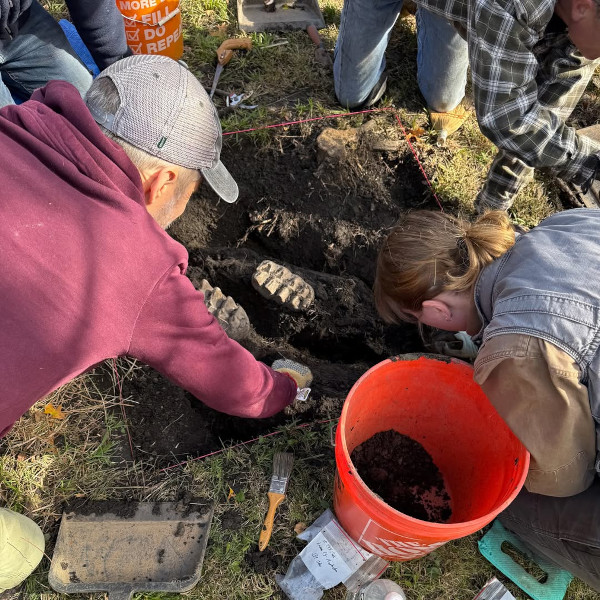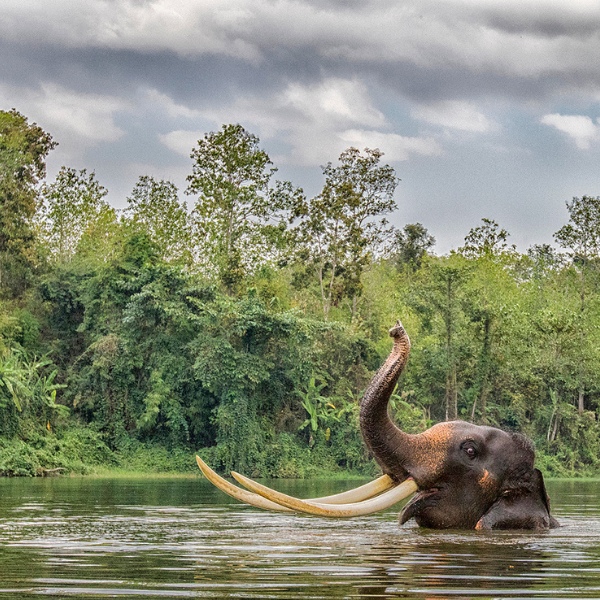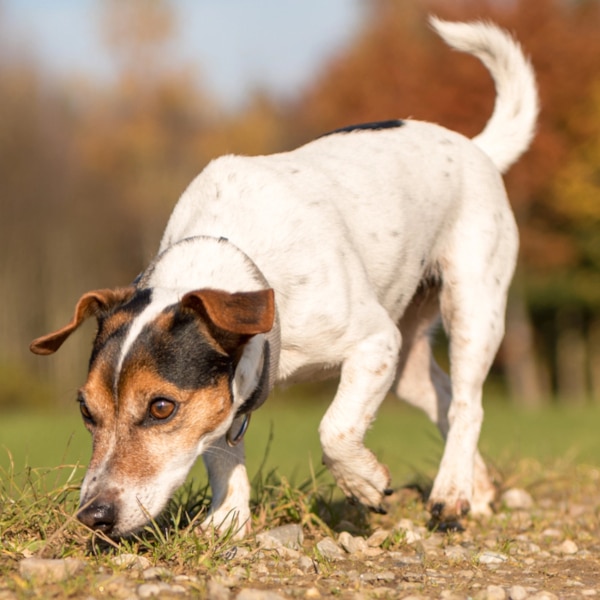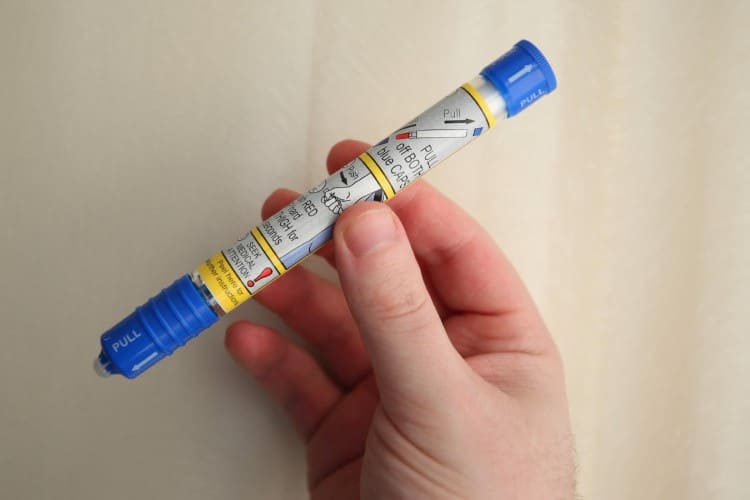
Photo: zhukovsky/Depositphotos
EpiPens are a life-saving device for those experiencing severe allergic reactions. But thanks to some curious elementary school students, it has been discovered that you can't rely on them if you're traveling to outer space. St. Brother André Elementary School’s Program for Gifted Learners won the opportunity to send EpiPens into space to see how the drug inside them—epinephrine—reacts to cosmic radiation. The results are fascinating.
Students in the Ottawa school range from 9 to 12 years old. They submitted their experiment to the Cubes in Space program, which selects projects to fly into space on two NASA missions a year. In this case, students sent up two samples. One went into space on a rocket while the other flew to the edge of outer space on a high-altitude balloon.
Once the samples came back down to Earth, they were analyzed by scientists at the University of Ottawa. The results showed that the epinephrine had been compromised and was only 87% pure. The other 13% had been transformed into toxic benzoic acid derivatives. This made the EpiPens not only unusable but also extremely dangerous.
“No epinephrine was found in the ‘after’ EpiPen solution samples,” shared Professor Paul Mayer of the Faculty of Science’s Department of Chemistry and Bimolecular Sciences. “This result raises questions about the efficacy of an EpiPen for outer space applications and these questions are now starting to be addressed by the kids in the PGL program.”
It's easy to see how the results of the experiment could have real-life implications and could compromise the safety of astronauts. Luckily, the students are already hard at work and looking for a solution to this problem. Currently, they're designing a capsule that could protect the EpiPens so that the medication doesn't become unusable.
For Mayer, seeing the success of these students is just a confirmation that the natural curiosity of children needs to be encouraged. “Kids are natural scientists. They are curious and ask questions. We adults just need to facilitate their participation in the scientific process, and then get out of the way and let them explore and learn.”
h/t: [IFL Science]
Related Articles:
All Patients in This New Cancer Drug Study Are Now in Remission
Pharmaceutical Giant Eli Lilly Caps Price of Insulin at $35 a Month
NHS England Rolls Out Gadget for Zapping Away Cluster Headache Pain
Scientists Made an “Everlasting Bubble” That Lasted 465 Days Without Popping











































































